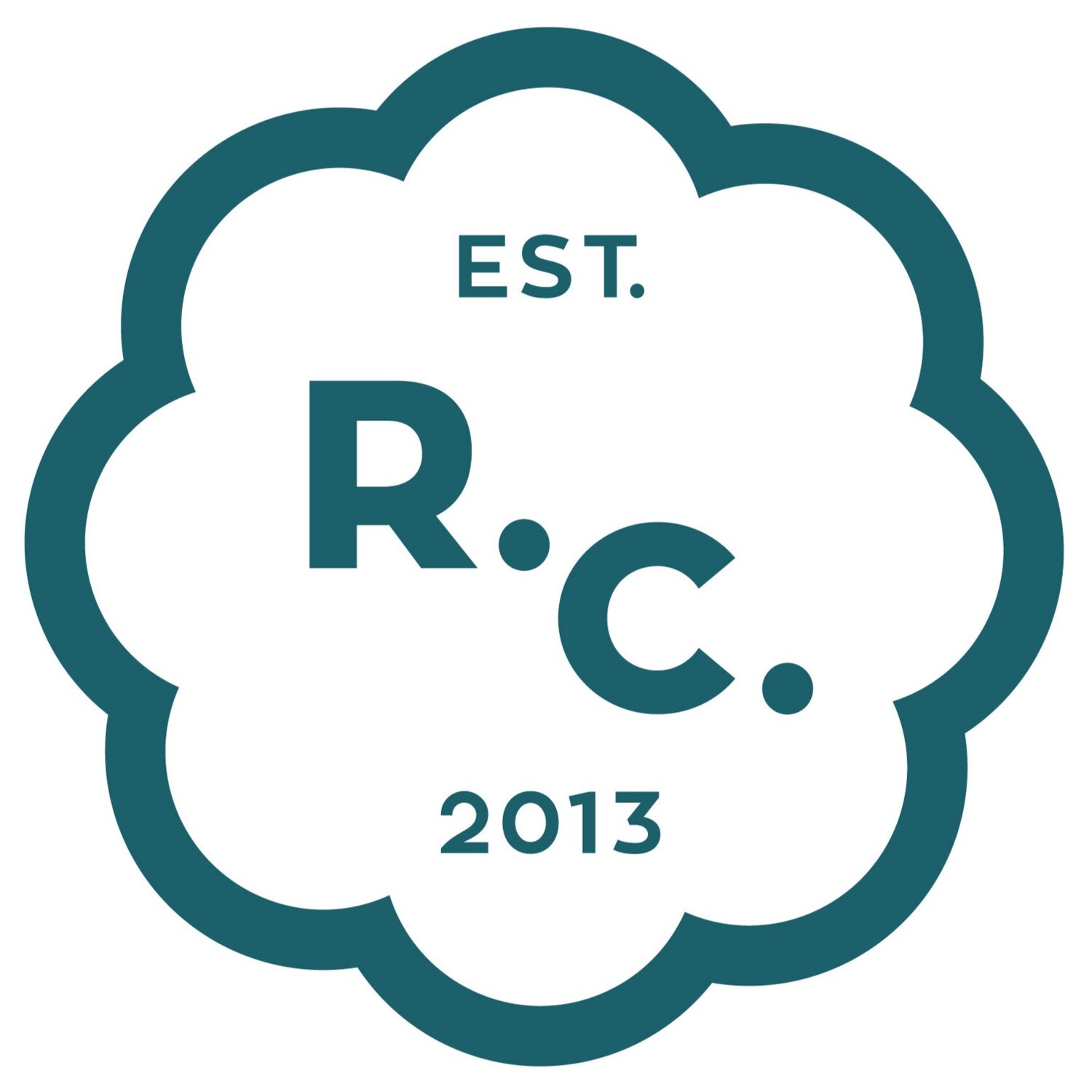Behind the Scenes: Essential Roles of Medical Office Assistants and Unit Clerks in Healthcare
In the intricate tapestry of the healthcare system, there is people who work tirelessly behind the scenes, ensuring the smooth operation of medical facilities and contributing significantly to patient care. These professionals play a pivotal role in the intricate dance of healthcare, contributing to the seamless functioning of medical offices, clinics, and hospitals. Let's delve into the reasons why these roles are indispensable for the holistic health environment.
Gatekeepers of Efficiency
Picture this: a bustling medical facility with healthcare professionals darting from one patient to another. Amidst this organized chaos, Medical Office Assistants and Unit Clerks act as the linchpin, ensuring that administrative tasks flow seamlessly. From scheduling appointments and managing patient records to coordinating communication between different departments, these professionals are the unsung gatekeepers of efficiency.
Patient Advocates
At the heart of healthcare lies the patient, and Medical Office Assistants and Unit Clerks are the compassionate advocates ensuring that each patient's journey is as smooth as possible. They are often the first point of contact, welcoming patients with a friendly smile and ensuring that their administrative needs are met. From verifying insurance information to assisting with paperwork, these professionals contribute significantly to reducing the stress that can accompany a visit to a healthcare facility.
Communication Maestros
Effective communication is the backbone of any successful healthcare system. Medical Office Assistants and Unit Clerks excel in this domain, acting as intermediaries between patients, healthcare providers, and other administrative staff. They relay crucial information, facilitate smooth transitions between different departments, and ensure that everyone is on the same page, contributing to a harmonious healthcare ecosystem.
Guardians of Confidentiality
In an era where data privacy is paramount, Medical Office Assistants and Unit Clerks play a vital role in safeguarding patient information. They are entrusted with maintaining accurate and secure records, ensuring that sensitive data is handled with the utmost care. Their commitment to confidentiality not only upholds ethical standards but also builds trust between patients and the healthcare system.
Versatile Problem Solvers
In the ever-evolving landscape of healthcare, adaptability is key. Medical Office Assistants and Unit Clerks are the versatile problem solvers who navigate the complexities of healthcare administration with finesse. Whether it's implementing new technologies, adapting to updated regulations, or finding innovative solutions to administrative challenges, these professionals are the unsung heroes driving positive change in healthcare settings.
Team Players in Patient-Centered Care
Patient-centered care is at the core of modern healthcare, and Medical Office Assistants and Unit Clerks are integral team players in achieving this goal. Their collaborative approach ensures that healthcare providers can focus on delivering quality care, knowing that the administrative aspects are in capable hands. By fostering a patient-centric environment, these professionals contribute to enhanced overall health outcomes.
In conclusion, the role of Medical Office Assistants and Unit Clerks extends far beyond the administrative realm. They are part of the backbone of the healthcare system, contributing to its efficiency, patient satisfaction, and overall success. As we celebrate the advancements in medical science and technology, let's not forget to applaud the dedicated individuals working diligently behind the scenes – who truly make healthcare a holistic and patient-centered experience.
Learn more about our Medical office Assistant and Unit Clerk program and start shaping your future in healthcare! Your future career awaits at Rosewood College.
Education that gets you hired!

